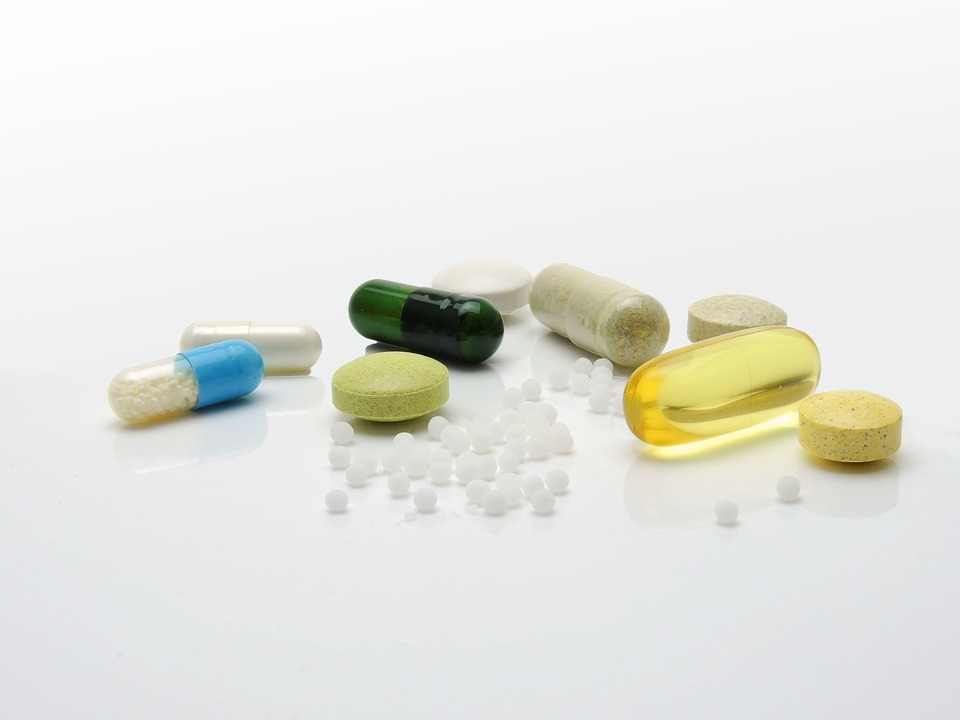Although most people today take our high modern standard of medical care for granted, it hasn’t been all that long since humankind was virtually defenseless against a variety of diseases and health conditions. In fact, until the development of penicillin and other antibiotics in 1928, it’s fair to say that the treatment of most communicable diseases was primitive at best.
But ever since researchers first started to apply the scientific method to the process of drug discovery, there has been a stream of near-constant breakthroughs in the development of life-saving medicines. And today, as the coronavirus pandemic rages around the world, populations everywhere are waiting as laboratories feverishly work to find a vaccine to halt the disease’s deadly spread.
But how exactly are they doing it? After all, up until recently, a vaccine of this nature would have taken between 10-15 years to create and test. But amazingly, most experts believe we’ll have a viable coronavirus vaccine by the beginning of 2021 – which would be a record turnaround. Well, the answer may be found in a raft of laboratory technologies that are speeding up the work of drug discovery to an unprecedented pace.
Here are some of the most important lab tech breakthroughs in recent history we all have to thank for the good news on the coming coronavirus vaccine (and many other life-saving drugs).
High-Throughput Screening
One of the most time-consuming aspects of developing vaccines and other medications is the process of testing chemical compounds that might have the desired effect on a biological target. In other words, it’s the process of finding drug components that might make up a cure or treatment for a disease. In a laboratory setting, this is done using a variety of equipment, such as a luminescence plate reader from companies like BMGLabtech, among others.
But preparing samples to test is a labor-intensive process. To speed it up, labs now use a more automated process known as high-throughput screening. Instead of creating new samples for each new discovery process, labs maintain chemical compound libraries that can be tested again and again – allowing them to screen thousands of possible compounds per week. At that speed, they can identify potential solutions far faster than they could when doing the work by hand.
Artificial Intelligence in Development
Medical research labs are also no longer flying blind when choosing which compounds to test first as they work to create new medicines. They’re also now using the latest in artificial intelligence (AI) technology to help them along. Right now, labs are using AI to narrow down their tests by feeding it massive data sets on compound effects (and side-effects) to screen out unlikely compounds before beginning the high-throughput screening process. In some cases, the AI is even able to identify such a narrow list of possibilities that large-scale screening isn’t necessary. As a result, the very first AI-created drug is already in early human trials, after a development period of just 12 months.
Laboratory Robotics and Automation
And last but not least, robotics and process automation technology are playing an enormous role in speeding up laboratory output in the quest to develop new drugs and vaccines. Already most labs rely on an array of small-scale robotics to speed up their day-to-day operations, allowing them to accomplish more with the same or fewer human lab technicians. But the best may be still yet to come.
Lately, researchers have started testing out fully-robotic autonomous lab assistants. They can work almost non-stop at a pace that’s up to 1000 times that of their human counterparts. That’s going to allow laboratories to test more drug candidates at once than ever before, giving them time to work on limited-use medicines that may have been previously ignored. Once these robotic assistants become more widespread, it’s easy to foresee laboratories churning out more drug candidates at a faster pace than we’re even seeing today.
So, as the world waits for a vaccine to end the coronavirus pandemic and continues to marvel at the speed with which the pharmaceutical industry keeps producing breakthrough medicines, take a moment to reflect on these three lab tech breakthroughs. Without them, the world would be a much sicker and less hospitable place. And, you never know – the medicines they make possible might just save your life someday.
